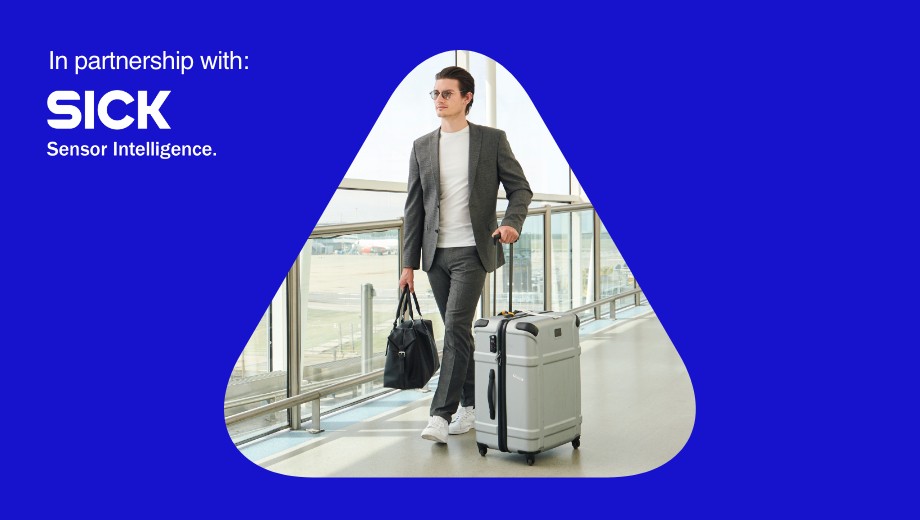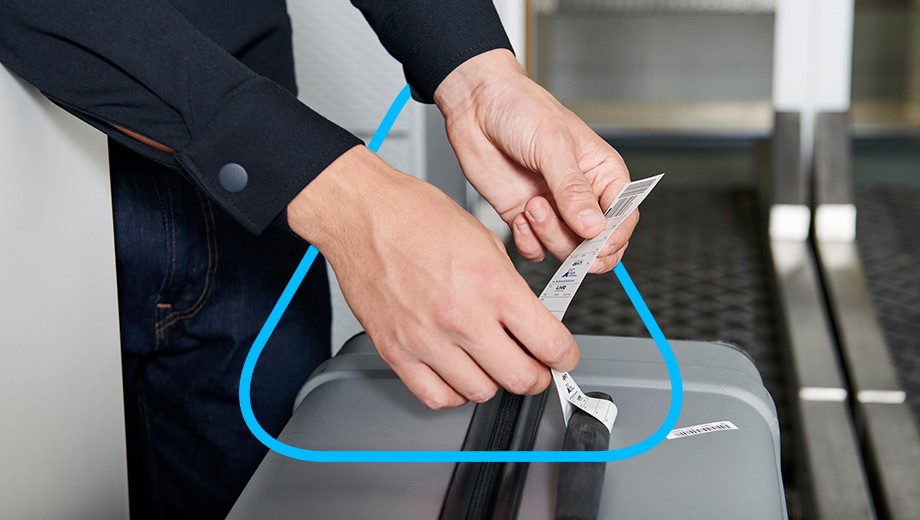In June 2019, the International Air Transport Association (IATA) resolved to support the global deployment of radio frequency identification (RFID) for baggage tracking. For passengers, RFID-enabled baggage tags can reduce the likelihood that their bags will be lost, removing some of the stress of flying. For airlines and airports, better and easier traceability of luggage would translate to greater customer satisfaction, more efficient operations, fewer employee injuries, substantial cost savings, and the prospect of increased revenue.
Smarter operations and reduced carbon emissions
All of these goals can be addressed with digital ID technologies. RAIN RFID (UHF) tags have multiple benefits over barcodes, improving baggage tag read rates from around 90% up to 99.9%, abolishing the need for line-of-sight reading, providing unique identification, increasing efficiency, and accelerating the scanning and verification process. Avery Dennison’s digital ID solutions shine a light on each piece of luggage, enabling smarter operations and reducing carbon emissions.
As an officially recognized IATA Strategic Partner, Avery Dennison contributes thought leadership and technological innovation in the field of RFID, including an assortment of inlays and tags tailored to airline baggage tracking requirements and other aviation-related application areas.
The (r)evolution in baggage handling: Better service for passengers with RFID
Cost benefits
- Increased baggage handling system throughput
- Reduced ramp loading time
- Lower employee injury rate
- Reduced IROPS recovery cost
- Lower mishandling rates
- Less cost for scanner/reader acquisition
Revenue benefits
- Increase in checked baggage
- Lift in market share
- Additional aircraft cycles


